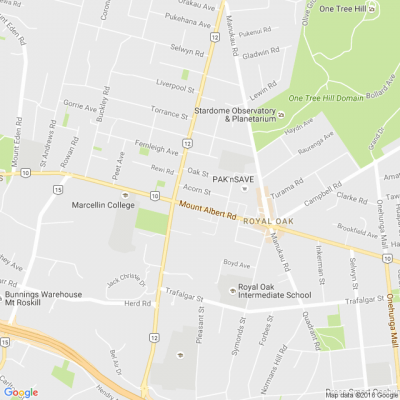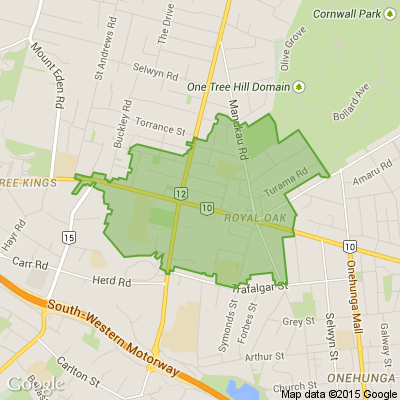Auckland Council has proposed a move from weekly to fortnightly kerbside rubbish collections along with other measures in order to move closer to a zero-waste target by 2040.
The draft Waste Management and Minimisation Plan 2024 (WWMP 2024) includes proposals to increase options to re-use, repair or re-purpose items and advocate for a rethink on how they are designed to extend their life span.
It also includes the targeting of construction and demolition waste, organic, plastics, packaging, textiles and biosolids, addressing litter and illegal dumping, and speeding up minimisation of waste generated by Auckland Council.
The draft WWMP 2024 outlines the "next important steps" to reduce waste and emissions, and cleaning up Auckland's waterways and environment, said chair of the planning, environment and parks committee Richard Hills.
"It builds on previous work undertaken by Auckland Council by doing more to keep resources in circulation and minimise harm caused by waste, while creating jobs and boosting the economy."
1.5 million tonnes of waste a year goes to landfill a year in Auckland, enough to fill Eden Park on a weekly basis. Without changes, this is expected to rise to at least 1.7 million tonnes annually by 2040.
Hills said that Aucklanders have shown their willingness to make changes toward a circular economy, acknowledging the efforts of young people in demanding action.
"Despite ambitious targets, we have seen steady progress in moving Tāmaki Makaurau towards this goal over the past decade, but it’s clear we can do more."
Auckland Council is also seeking feedback on a separate draft waste plan for the Hauraki Gulf Islands, which have their own unique waste management needs and challenges.
Aucklanders have until March 28 to have their say on the draft Waste Management and Minimisation Plan (WMMP) 2024 and the Draft Hauraki Gulf Islands Waste Plan 2024.
============================================
www.1news.co.nz...
=============================================
The Summer Kiwi Quiz is back by popular demand
Grab a copy of your local Stuff newspaper between 1 Jan - 28 Jan and participate in the Summer Kiwi Quiz! Test your knowledge, answer the daily New Zealand based questions, and find out how well you know our beautiful country!
Each correct answer will get you one entry into the draw to WIN 1 of 5 Ooni Karu 2 Portable Pizza Oven bundles, valued at $1024! Each bundle includes: an Ooni Karu 2 Multi-Fuel Portable Pizza Oven, Ooni Karu 2 Carry Cover, Ooni 12" Perforated Peel, Ooni Digital Infrared Thermometer and an Ooni Cookbook: Cooking with Ooni. The more answers you enter correctly, the higher your chance of winning. For more information and to submit your answers, click here
The Team at Stuff

Scam Alert: Fake information regarding December Bonuses from MSD
The Ministry of Social Development is reporting that fake information is circulating about new ‘December bonuses’ or ‘benefit increases’
If you get suspicious communication, please contact Netsafe.









 Loading…
Loading…




